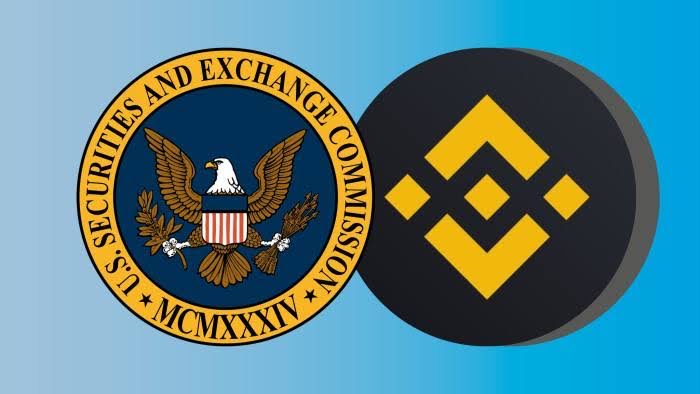The proposed order would allow BAM Trading to meet financial commitments while prohibiting asset transfers or payments benefiting Binance entities or individuals.

The United States Securities and Exchange Commission (SEC) and BAM Trading, the U.S. arm of Binance, have recently embarked on a quest to find common ground by filing a request for a consent order aimed at mitigating some of the restrictions imposed in a previous SEC motion to freeze Binance’s assets.
The proposed consent order, if approved, would serve as a pivotal instrument in assuaging the SEC’s concerns while simultaneously allowing BAM Trading to fulfill its financial obligations, including payroll and other monetary commitments.
The envisaged consent order, as delineated in the document, endeavors to strike a delicate balance that satisfies the SEC’s requirements and provides reassurances, while still enabling BAM Trading and BAM Management to execute essential financial operations.

Under this proposed arrangement, both entities would retain the ability to make necessary payments for various purposes, such as procuring goods and services, remunerating their personnel, covering professional fees, and managing other ordinary expenses essential for the smooth functioning of their respective businesses.
However, amidst these proposed leniencies, a critical condition emerges that stipulates Binance, under no circumstances, can transfer assets or make payments that benefit any Binance entity, individual, or any other party acting on behalf of Binance. This provision stands as a robust safeguard to ensure that the frozen assets remain untouchable and reinforces the SEC’s intention to prevent any potential misuse or diversion of funds.
Furthermore, the consent order explicitly precludes Binance CEO Changpeng Zhao from accessing any of the assets held by BAM Trading or Binance.US. This prohibition on Zhao’s access to these assets serves as an additional layer of protection, preventing any potential influence or interference that may compromise the integrity of the assets or hinder the SEC’s ongoing investigation.
Following the SEC’s action against Binance and Changpeng Zhao, the agency quickly submitted an emergency request to the court asking for the assets of BAM Trading to be frozen. BAM Trading swiftly filed an opposing brief in response, stating that the business and its legal counsel fervently thought that the SEC’s justification for the asset freezing request did not satisfy the necessary standard of proof required by the court.

This opposition argument presented a counter-narrative, emphasizing the need for a fair and just assessment of the situation, in line with the legal standards and principles established by the court.
The proposed consent order has not yet been approved by the court, and there appear to be differences between the SEC and Binance about certain finer points. Judge Amy Berman Jackson has requested comments from both parties by 1:00 pm Eastern Time on June 13 in a file accessible via the Public Access to Court Electronic Records website after realizing the need for more clarification.
The inquiry for comments emphasizes the court’s dedication to ensuring a thorough and well-informed ruling in this case by elucidating any adjustments or amendments that the court should take into account before making a decision regarding the proposed consent decree.